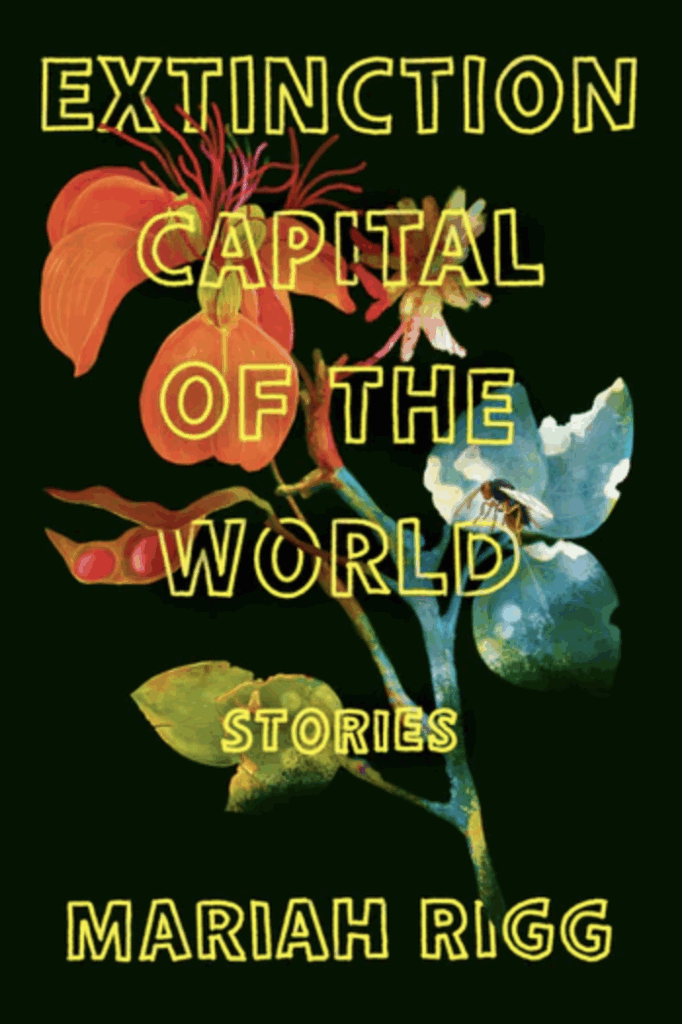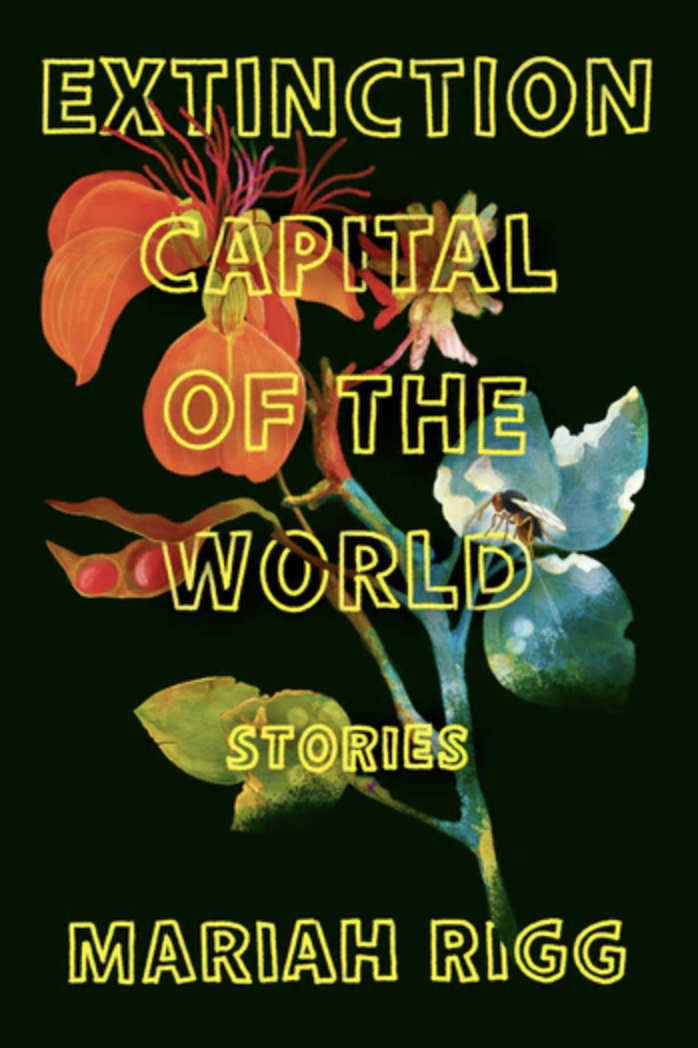Transcript: Maria Rigg Podcast.
MARIAH RIGG speaks to managing editor EMILY EVERETT about her story “Target Island,” which appears in The Common’s spring issue. “Target Island” is a story from her short story collection Extinction Capital of the World, out August 5 from Ecco; both focus on the islands of Hawai’i. Mariah talks about the process of writing and revising this story and the collection as a whole, and why reflecting contemporary Hawai’i is important to her work. Mariah also discusses playing with time and narrative flow in her stories, and working on a new project—her first novel.

|
Mariah Rigg is a Samoan-Haole who was born and raised on the island of O‘ahu. She is the author of the short story collection Extinction Capital of the World, which is forthcoming from Ecco/HarperCollins on August 5th. Her chapbook, ALL HAT, NO CATTLE was published by Bull City Press in 2023. She has received fellowships from the National Endowment for the Arts, MASS MoCA, Oregon Literary Arts, VCCA, The Mount, and Lambda Literary, among others. She holds an MFA from the University of Oregon and a PhD from the University of Tennessee, Knoxville. In fall 2025, she will be a visiting fellow at Mount Holyoke College. |
 |
Read Mariah’s story “Target Island” in The Common at https://www.thecommononline.org/target-island/
Order her story collection in all formats from Ecco/Harper Collins at https://www.harpercollins.com/products/extinction-capital-of-the-world-mariah-rigg?variant=43731525894178
Learn more about Mariah at www.mariahrigg.com.
Follow Mariah on Instagram at @riggstah.
Listen to more podcast episodes here.
The Common is a print and online literary magazine publishing stories, essays, and poems that deepen our collective sense of place. On our podcast and in our pages, The Common features established and emerging writers from around the world. Read more and subscribe to the magazine at thecommononline.org, and follow us on Instagram, Bluesky, and Facebook.
Emily Everett is managing editor of the magazine and host of the podcast. Her new debut novel All That Life Can Afford is the Reese’s Book Club pick for April 2025. Her work has appeared in The New York Times Modern Love column, the Kenyon Review, Electric Literature, Tin House, and Mississippi Review. She was a 2022 Massachusetts Cultural Council Fellow in Fiction.



